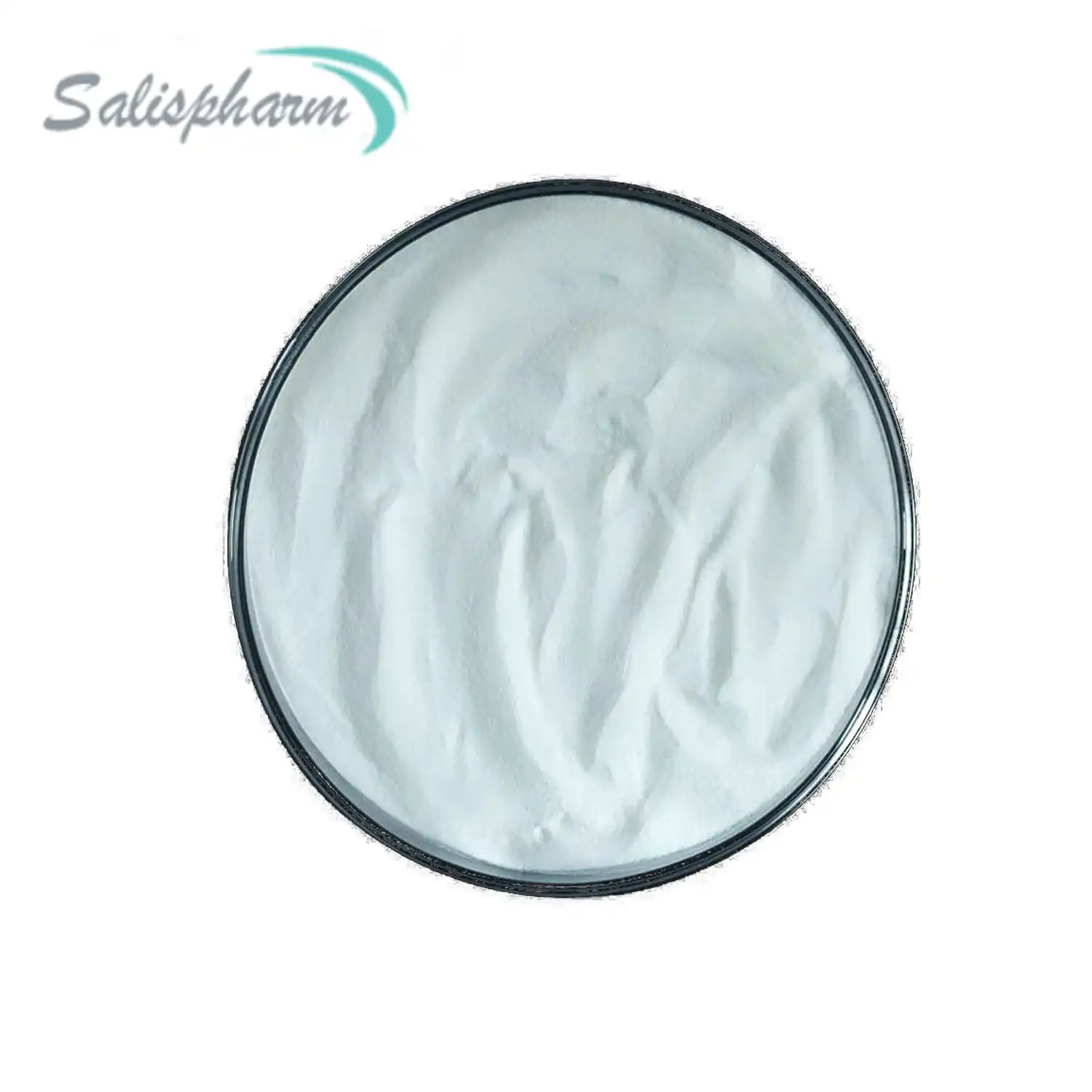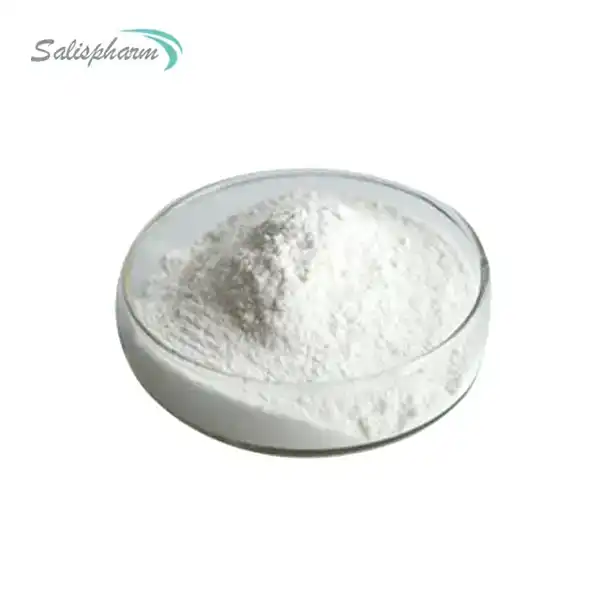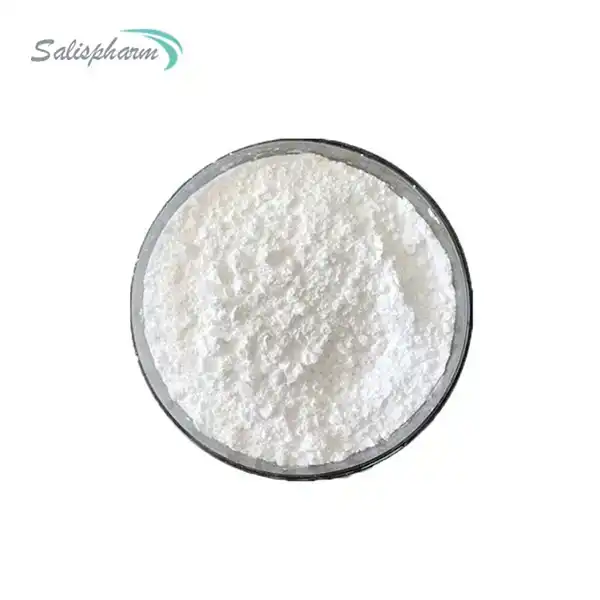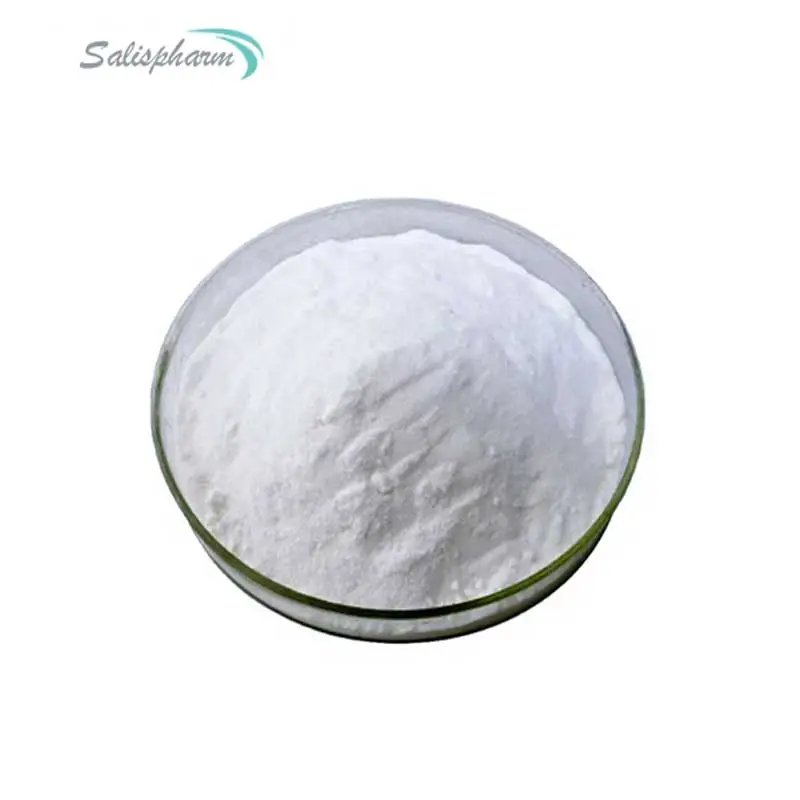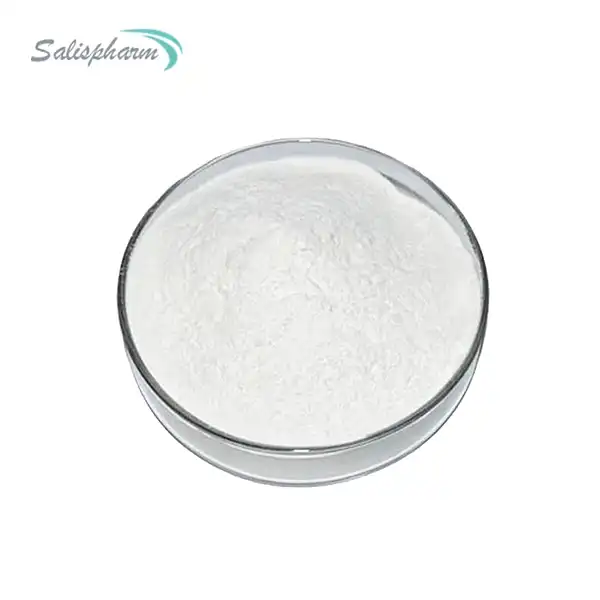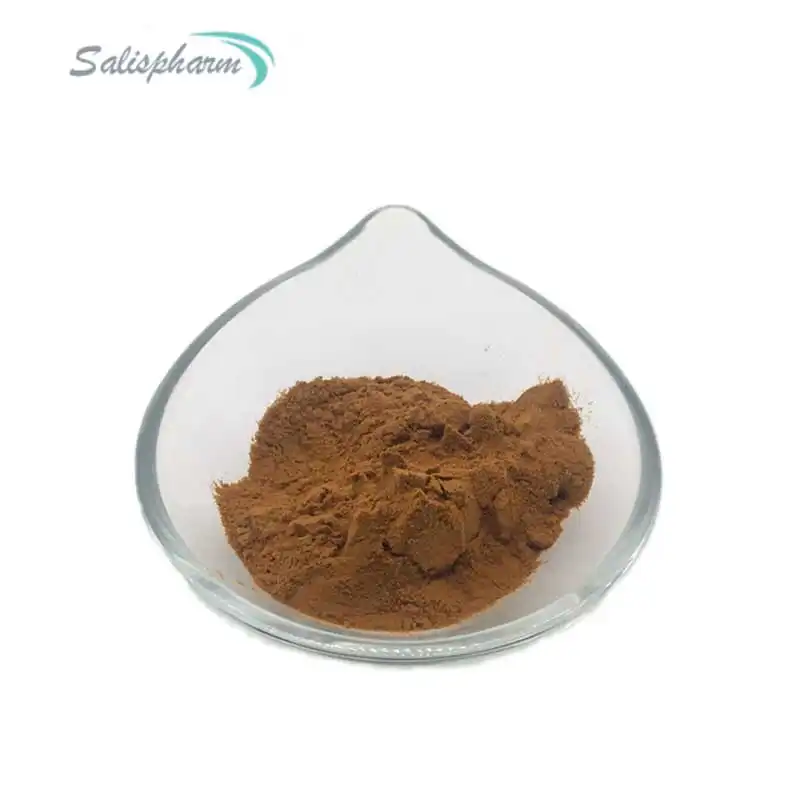Atorvastatin is a widely prescribed cholesterol-lowering medication that belongs to the class of drugs known as statins. It is available in various forms, including tablets and powder. The powder form of atorvastatin is typically used for research or compounding purposes, where it can be combined with other ingredients to create customized medications. While atorvastatin is generally well-tolerated, some individuals may experience side effects when taking the medication, including the powder form. In this blog post, we will explore how atorvastatin powder can make you feel, its potential side effects, mechanism of action, and potential interactions with other substances.
What are the potential side effects of atorvastatin powder?
Like any medication, atorvastatin powder can cause side effects in some individuals. The most common side effects associated with atorvastatin powder and other statin drugs include muscle pain or weakness (myalgia), digestive issues such as constipation, diarrhea, or flatulence, and headaches. Some individuals may also experience insomnia, dizziness, or rash. It is important to note that these side effects are typically mild and may subside as the body adjusts to the medication.
Muscle-related side effects are of particular concern with statin use, including atorvastatin powder. While mild muscle pain is relatively common, in rare cases, a more severe condition called rhabdomyolysis can occur. This condition involves the breakdown of muscle tissue, which can lead to kidney damage if left untreated. Symptoms of rhabdomyolysis include severe muscle pain, weakness, and dark-colored urine. If you experience these symptoms, it's crucial to seek immediate medical attention.
However, in rare cases, atorvastatin powder and other statins can cause more severe side effects. These include liver damage, which can be detected through routine blood tests, and an increased risk of developing type 2 diabetes, especially in individuals with risk factors such as obesity or high blood sugar levels. Additionally, there have been reports of memory loss, confusion, and other cognitive issues associated with statin use, although the evidence is mixed, and the risk appears to be low.
Some individuals may also experience allergic reactions to atorvastatin powder, which can manifest as skin reactions, difficulty breathing, or swelling of the face, lips, tongue, or throat. These reactions are rare but require immediate medical attention if they occur.
It's worth noting that the risk of side effects may be influenced by factors such as dosage, individual physiology, and concurrent use of other medications. Some people may be more sensitive to the effects of atorvastatin powder than others, and side effects can sometimes be dose-dependent.
It is crucial to discuss any side effects you experience with your healthcare provider, as they may need to adjust your dosage or consider alternative treatment options. Your doctor may also recommend regular blood tests to monitor liver function and check for any potential adverse effects on muscle tissue.
How does atorvastatin powder work to lower cholesterol levels?
Atorvastatin powder, like other statin drugs, works by inhibiting an enzyme called HMG-CoA reductase. This enzyme plays a crucial role in the production of cholesterol in the liver. By blocking this enzyme, atorvastatin powder reduces the amount of cholesterol produced by the liver and prompts the liver to remove more cholesterol from the bloodstream.
The inhibition of HMG-CoA reductase leads to a decrease in the production of low-density lipoprotein (LDL) cholesterol, often referred to as "bad" cholesterol. LDL cholesterol is associated with an increased risk of cardiovascular disease, as it can contribute to the formation of plaques in the arteries, leading to atherosclerosis. By reducing LDL cholesterol levels, atorvastatin powder helps to lower the risk of heart attacks, strokes, and other cardiovascular events.
In addition to its cholesterol-lowering effects, atorvastatin powder may also provide additional benefits. It has been shown to improve the function of the endothelium, the innermost lining of blood vessels, which can help reduce the risk of cardiovascular events such as heart attacks and strokes. This improvement in endothelial function may contribute to better blood flow and reduced inflammation in the blood vessels.
Atorvastatin powder may also have anti-inflammatory and antioxidant properties, which could further contribute to its protective effects on the cardiovascular system. These properties may help to stabilize existing atherosclerotic plaques, making them less likely to rupture and cause acute cardiovascular events.
Some studies have suggested that atorvastatin may have additional benefits beyond cardiovascular health. For example, there is ongoing research into the potential neuroprotective effects of statins, including atorvastatin, which may have implications for conditions such as Alzheimer's disease and other forms of dementia. However, more research is needed to fully understand these potential benefits.
The cholesterol-lowering effects of atorvastatin powder are typically seen within a few weeks of starting treatment, and the full benefits may take several months to become apparent. Regular monitoring of cholesterol levels and other cardiovascular risk factors is essential to ensure that the medication is working effectively and to adjust the dosage if necessary. Your healthcare provider may recommend periodic lipid panel tests to assess the impact of atorvastatin powder on your cholesterol levels and overall cardiovascular risk profile.
Can atorvastatin powder interact with other medications or supplements?
Like many medications, atorvastatin powder can interact with certain other drugs and supplements, which can affect its efficacy or increase the risk of side effects. It is essential to inform your healthcare provider about all the medications and supplements you are taking to avoid potential interactions.
One significant interaction to be aware of is with certain antibiotics, such as erythromycin and clarithromycin, as well as antifungal medications like ketoconazole and itraconazole. These drugs can increase the levels of atorvastatin in the body, potentially leading to an increased risk of side effects, particularly muscle-related side effects. This interaction occurs because these medications inhibit the enzymes responsible for metabolizing atorvastatin, leading to higher concentrations of the drug in the bloodstream.
Atorvastatin powder may also interact with certain HIV medications, such as protease inhibitors, and immunosuppressant drugs used to prevent organ transplant rejection, like cyclosporine. These interactions can increase the risk of muscle-related side effects and potentially lead to kidney problems. The mechanism behind these interactions is similar to that of antibiotics and antifungals, involving the inhibition of enzymes responsible for atorvastatin metabolism.
Additionally, certain supplements and herbal products, such as St. John's wort and grapefruit juice, can affect the metabolism of atorvastatin powder, either increasing or decreasing its levels in the body. This can potentially reduce the effectiveness of the medication or increase the risk of side effects. Grapefruit juice, in particular, can significantly increase the concentration of atorvastatin in the blood, potentially leading to an increased risk of side effects.
Other medications that may interact with atorvastatin powder include:
1. Fibrates (e.g., gemfibrozil, fenofibrate): These cholesterol-lowering medications can increase the risk of muscle-related side effects when used in combination with atorvastatin.
2. Niacin: Another cholesterol-lowering agent that may increase the risk of muscle problems when used with statins.
3. Warfarin: Atorvastatin may enhance the anticoagulant effect of warfarin, potentially increasing the risk of bleeding.
4. Digoxin: Atorvastatin may increase the levels of digoxin in the blood, potentially leading to toxicity.
5. Oral contraceptives: Atorvastatin may increase the levels of estrogen and progestin in the body, potentially affecting the efficacy of birth control pills.
It's also important to note that alcohol consumption while taking atorvastatin powder may increase the risk of liver problems. While moderate alcohol use is generally considered safe, excessive alcohol intake should be avoided.
It is essential to consult with your healthcare provider or pharmacist before taking any new medications or supplements while on atorvastatin powder to ensure safe and effective treatment. They can provide guidance on potential interactions and may recommend adjusting dosages or timing of medications to minimize the risk of adverse effects.
Conclusion
Atorvastatin powder is a powerful cholesterol-lowering medication that can provide significant benefits in reducing the risk of cardiovascular disease. Its ability to inhibit HMG-CoA reductase leads to lower LDL cholesterol levels and improved cardiovascular health. The additional benefits of improved endothelial function and potential anti-inflammatory and antioxidant properties further contribute to its protective effects on the cardiovascular system.
However, like any medication, it can also cause side effects, some of which may be severe. Common side effects such as muscle pain, digestive issues, and headaches are generally mild and may resolve as the body adjusts to the medication. More severe side effects, while rare, can include liver damage, increased risk of type 2 diabetes, and in very rare cases, rhabdomyolysis. It is crucial to discuss any side effects you experience with your healthcare provider and to be aware of potential interactions with other medications or supplements.
The effectiveness and safety of atorvastatin powder can be optimized through regular monitoring, including periodic blood tests to assess cholesterol levels and liver function. Your healthcare provider can use this information to adjust the dosage if necessary and ensure that the benefits of the medication outweigh any potential risks.
By understanding how atorvastatin powder works, its potential side effects, and its potential interactions, you can make informed decisions about your treatment and work with your healthcare provider to optimize your cardiovascular health. Remember that atorvastatin powder is just one component of a comprehensive approach to cardiovascular health, which may also include lifestyle modifications such as a heart-healthy diet, regular exercise, stress management, and smoking cessation.
If you have any concerns about taking atorvastatin powder or experience any unusual symptoms while on the medication, don't hesitate to reach out to your healthcare provider. They can provide personalized advice and guidance to ensure that you receive the maximum benefit from your cholesterol-lowering treatment while minimizing the risk of adverse effects.
If you are also interested in this product and want to know more product details, or want to know about other related products, please feel free to contact iceyqiang@aliyun.com.
References:
1. Atorvastatin (Lipitor) - Side Effects, Dosage, Interactions - Drugs.com
2. Atorvastatin: MedlinePlus Drug Information
3. Atorvastatin (Lipitor) - StatPearls - NCBI Bookshelf
4. Atorvastatin - an overview | ScienceDirect Topics
5. Atorvastatin (Medication) - Harvard Health
6. Atorvastatin: Cholesterol Medication, Side Effects, and More
7. Atorvastatin: Uses, Side Effects, Dosage, Interactions
8. Atorvastatin Powder: Uses, Dosage, Side Effects, and More
9. Atorvastatin Powder: A Comprehensive Guide
10. Atorvastatin Powder: Potential Interactions and Precautions



